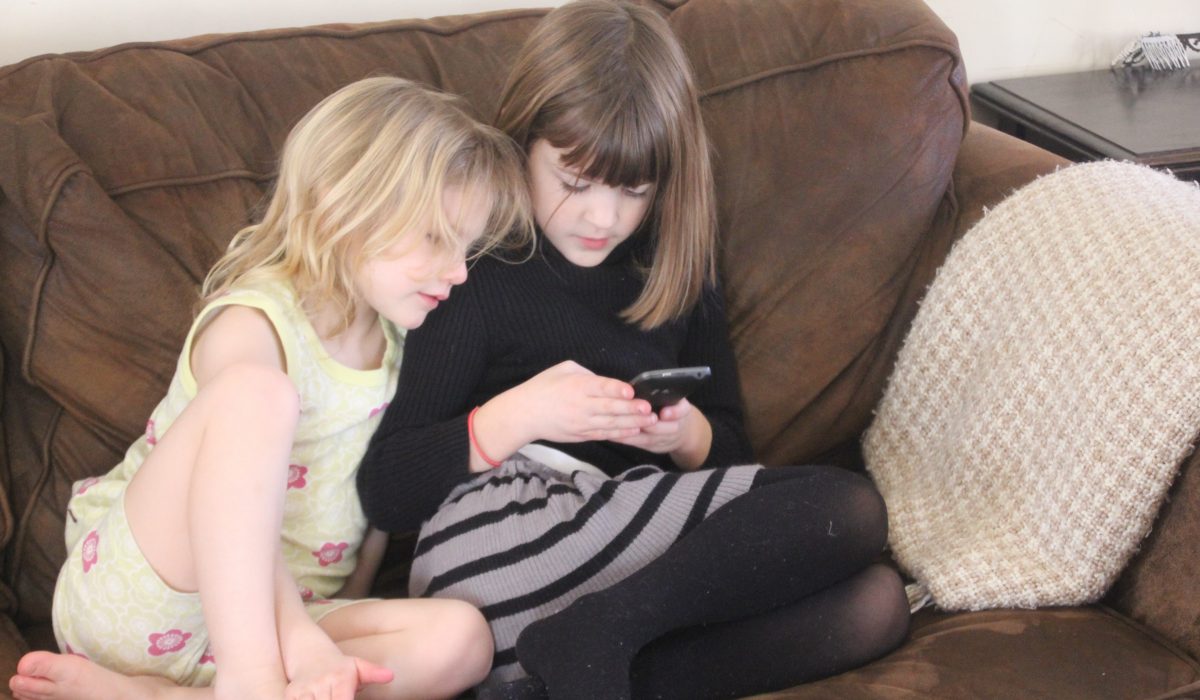Netsafe’s latest research uncovers important insights about New Zealand parents’, caregivers’ and whānau perceptions of children’s experiences of online risk and harm. It’s the first report of its kind focused on children and their parents in New Zealand which adds to the Global Kids Online’s international body of work.
Research suggests that parents tend to underestimate their child’s engagement in risky and/or hurtful behaviours as well as their experiences of harm online. This is an important gap as parents play a critical role in helping their child to prevent or deal with bothering experiences and risky behaviours. They also provide children with emotional support when things go wrong online. Using the Global Kids Online survey, we set out to measure parental knowledge of children’s experiences of risks and harm online and to compare parents’ level of awareness with their child’s self-reported experiences.
The findings in this study will help to inform the development of interventions that not only target children but also provide parents, caregivers and whānau with appropriate resources and information to enhance the safety of their children’s online experiences. For example, Netsafe provides resources specifically developed for parents.
This work reflects Netsafe’s commitment to understanding how to maximise the digital opportunities available for New Zealand children while preventing the impact of online harm.
Key findings

There is a mismatch between parents’, caregivers’ and whānau awareness and their children’s reports of bothering or upsetting experiences online. We found that 19 per cent of parents were aware their child had been bothered or upset by something online in the last 12 months whereas 25 per cent of children aged between 9-17 years said that this happened to them. While this result is consistent with existing research, it shows a smaller gap between parental awareness and children’s experiences in New Zealand compared to evidence collected elsewheres.
Parental awareness about the emotional impact such online experiences had on children was to a large extent, consistent with children’s reported experiences. Our results showed a high level of agreement between parents and children when they were asked about how upset or bothered the child was when something last happened to them online. This suggests that New Zealand parents are in tune with the impact that negative online experiences have on their children. It also reflects previous Netsafe findings about the role of parents being critical to children when they are dealing with upsetting online experiences.
 Levels of parental awareness about the types of online risk that children encountered differed. We did not find significant differences in relation to children being treated or treating someone else in a hurtful, but some parents were unaware of their children meeting face-to-face someone they first met online. Similarly, parents, caregivers and whānau of adolescents aged 13-17 seem to significantly underestimate their children’s exposure to potentially harmful online content such as violent images, hate speech, and experiences of taking drugs.
Levels of parental awareness about the types of online risk that children encountered differed. We did not find significant differences in relation to children being treated or treating someone else in a hurtful, but some parents were unaware of their children meeting face-to-face someone they first met online. Similarly, parents, caregivers and whānau of adolescents aged 13-17 seem to significantly underestimate their children’s exposure to potentially harmful online content such as violent images, hate speech, and experiences of taking drugs.
9 in 10 New Zealand parents were (“definitely” or “fairly”) confident in their ability to help their child cope with things that bother them online. Nearly half of parents in our sample believed they definitely had the skills to help their child deal with risks and harm online. In contrast, only a quarter of them think their child has the ability to cope with bothering experiences on the internet on their own.
About Ngā taiohi matihiko o Aotearoa – New Zealand Kids Online
In the coming months, Netsafe will publish more findings from Ngā taiohi matihiko o Aotearoa – New Zealand Kids Online addressing parents’ mediation of their children’s online experiences. Learn more about this project.
About Netsafe
Netsafe is an independent non-profit organisation with an unrelenting focus on online safety. We keep people safe online by providing free support, advice and education. Learn more about Netsafe and its work. To speak to Netsafe about its research programme or the New Zealand context contact us at research@netsafe.org.nz
Digital Parenting
Netsafe created the Online Safety Parent Toolkit to make it easier for parents and whānau to teach their kids how to access digital opportunities and reduce harm. The Toolkit is a practical seven-step framework designed to help parents overcome any perceived or real technology gap between what parents know and what their child knows – or thinks they know.
It explains the online challenges young people are likely to encounter, how to best support them and what whānau can do. There’s advice in English, Te Reo Māori, Simplified Chinese, Tongan and Samoan.
Post author: Neil Melhuish








